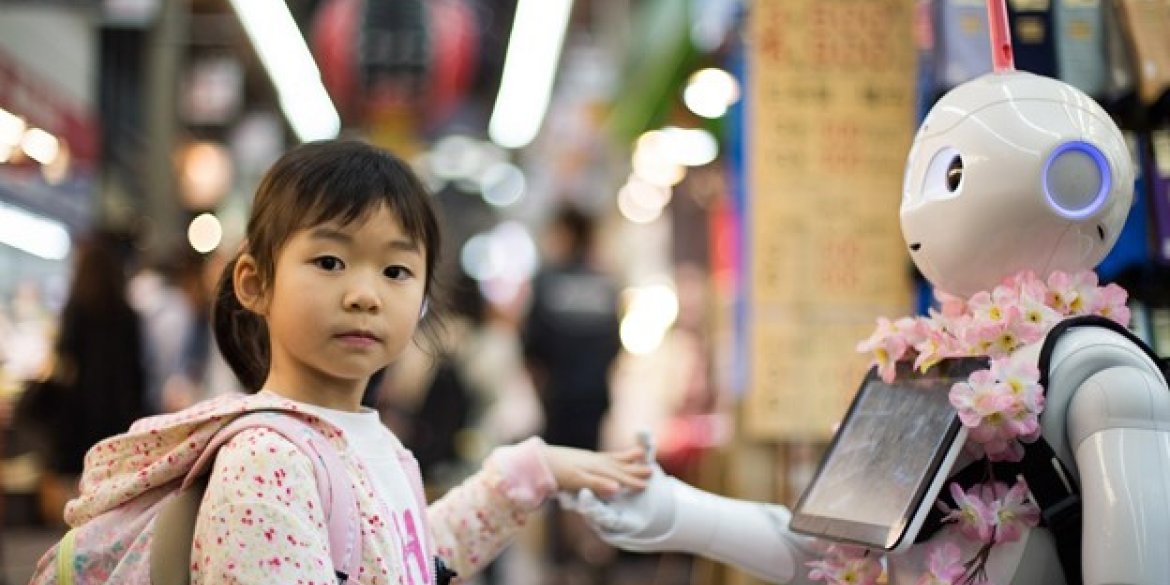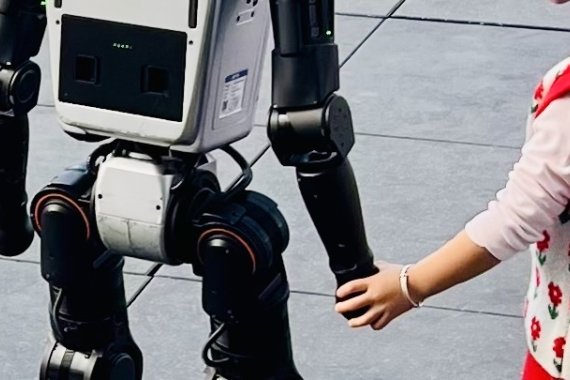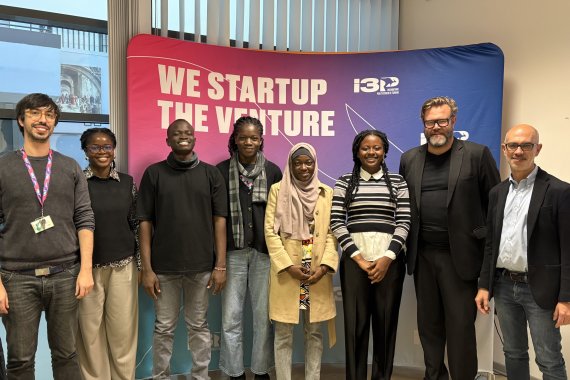Artificial Intelligence: An opportunity for human empowerment
Artificial Intelligence: An opportunity for human empowerment
Finding sustainable solutions in the Leading with AI Lab
14 Janeiro 2021

“Can machines think?”
The question sparked mathematician Alan Turing’s quest to break Enigma, the Nazi encryption machine, and eventually helped the Allied Forces win World War II. The answer to his question was unveiled: Yes, machines can indeed think. It’s called artificial intelligence (AI).
Although his thought dates back over 70 years ago, inquiries around the complexity and capacity of machines continue to whirl in the minds of innovators worldwide. How can a machine replicate the human mind? What’s the potential? Or the danger?
Last September, ITCILO and GIZ’s Global Leadership Academy brought together over 150 individuals to collaborate and discuss how AI could be channeled for a sustainable future. Coming from over 60 countries, these global thinkers connected virtually for this online learning journey.
This was a rare opportunity to engage with other like-minded professionals.
Pooja Gianchandani
India
In a year marked by social, economic, and daily disruptions, these AI Lab participants were called upon to reflect on the impact of machines on the future of work. Their discussions revolved around how to:
- Demystify the public’s perspective on AI
- Prepare for a human-centred AI future with the necessary skills
- Enhance responses to global events through practical applications
- Scale-up AI-deas globally through Open AI, Open Data, and Open Innovation
Their discussions quickly shifted from the power of machines to the power of humans. Equipped with the right skill set, people around the globe can confront technological advancements and balance them with their inherently human qualities.
Machine solutions powered by humans
The planet and its people face threats from climate change, political unrest, and gender inequality. Keeping these challenges in mind, AI Lab participants crafted solutions to social issues while harnessing the potential of technology.
Kenyan participant, Anthony Mutua Malonza envisioned a world where AI becomes a mechanism for aid coordination and implementation. For Doris Pololi in Italy, AI could be a way forward to understand and develop talent in the school system.
We need to provide a platform that aims to get more women involved in AI.
Sylvia Mukasa
Kenya
Access to quality educational videos is limited for many students who speak minor, local languages. To remediate this inequality, Brian Kagimu ideated an AI solution for improved education. All the way from India, ElsaMarie D’Silva imagines a world where women navigate cities safely thanks to an urban intelligence dashboard that monitors gender-based violence.
Since participants remained socially distant for the duration of the lab, many hosted virtual coffee break sessions to further examine AI topics presented in webinars. Listen to Katharina Miller’s coffee break experience and how she continued to lead with AI:
Inspired by the lab, Katharina became a proactive change agent in her field. She unlocked her superpower. In the accelerating race to the future of technology, it’s key to hone in on what unites and empowers humanity.
Narrowing in on collective creativity, critical thinking, and active learning propels humans forward in this constantly evolving technological journey.
If Alan Turing was still alive today, which questions would he be asking? Perhaps less about the capacity of machines and more about the potential of people. Take that as a call to action.
Discover more human solutions and AI-deas in the AI Lab report.


